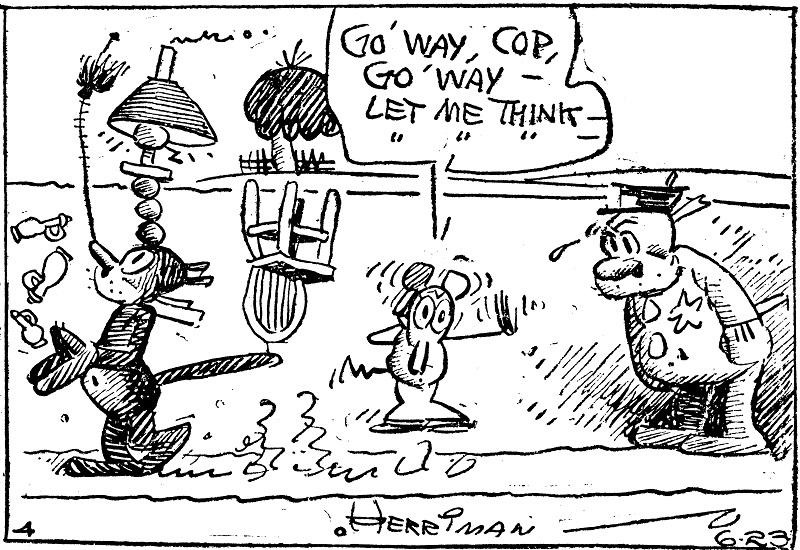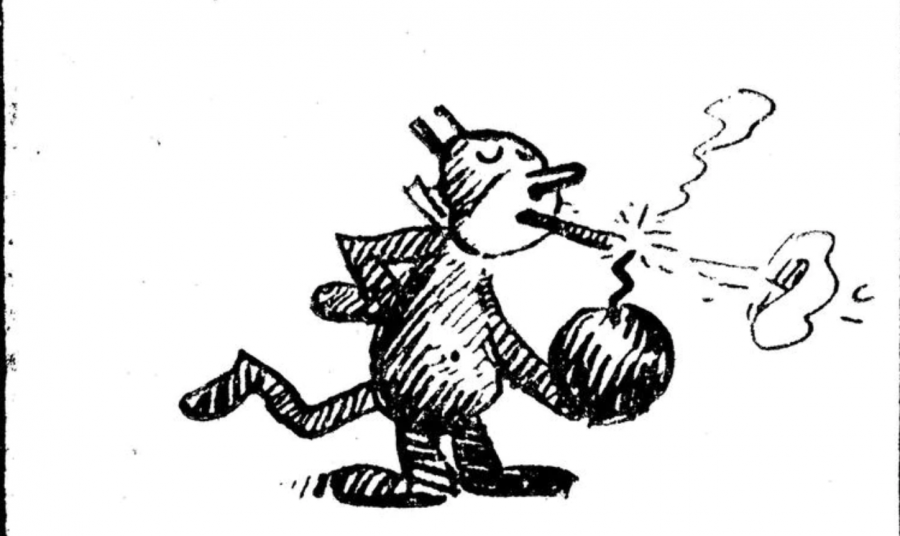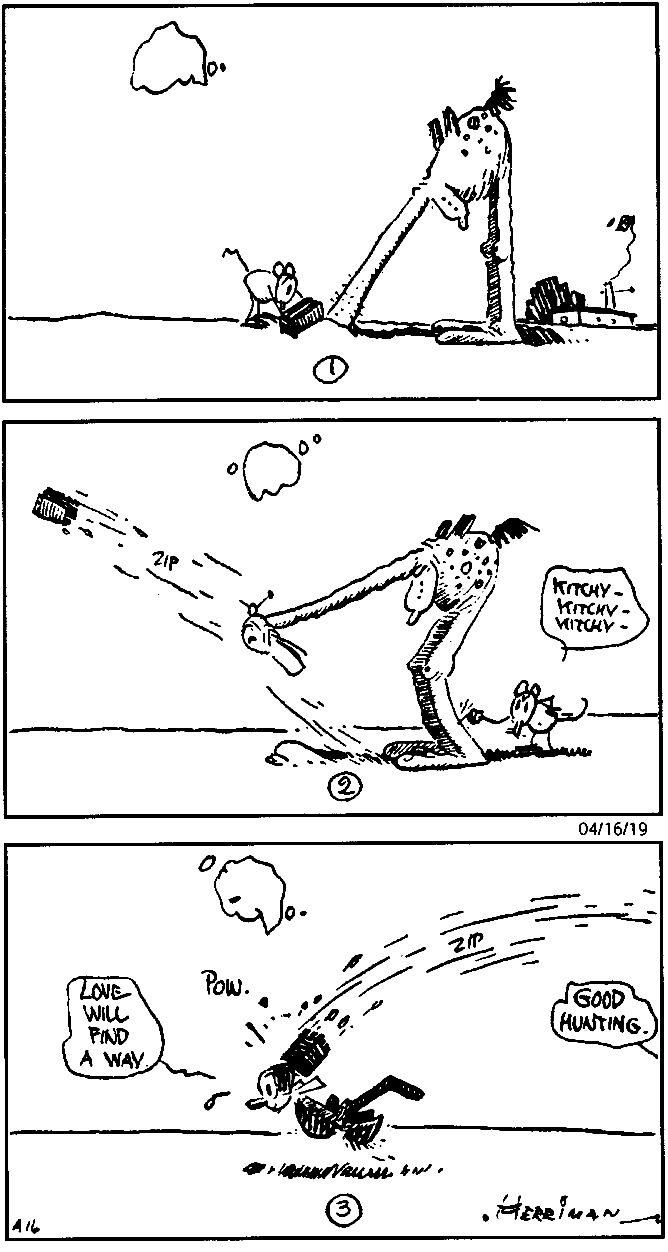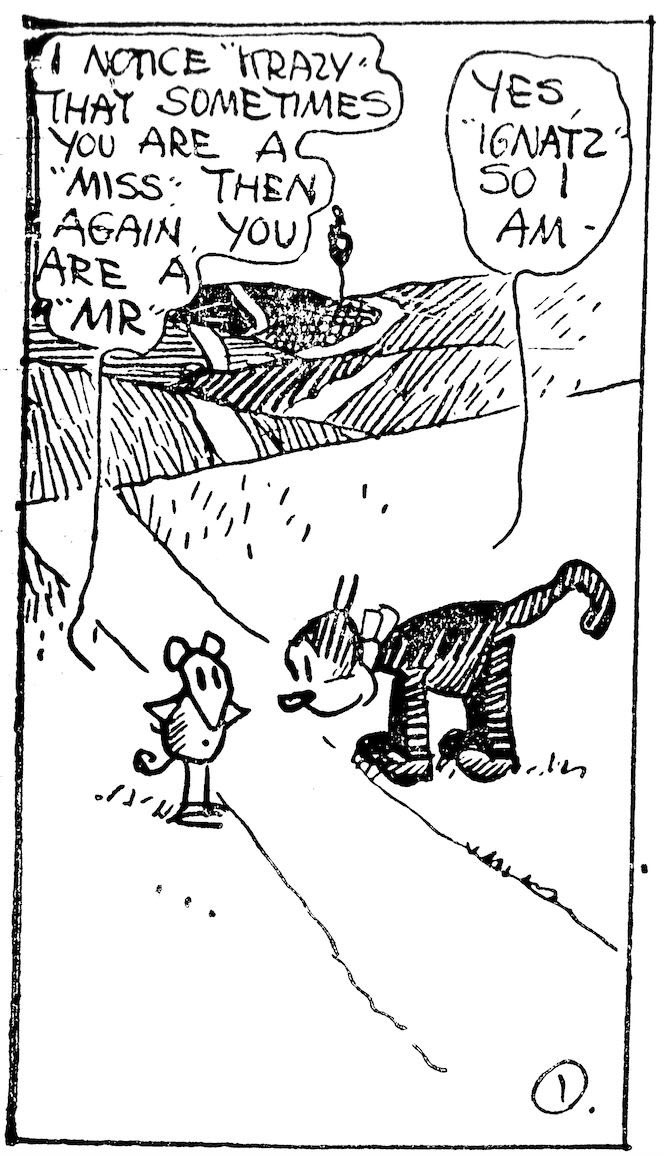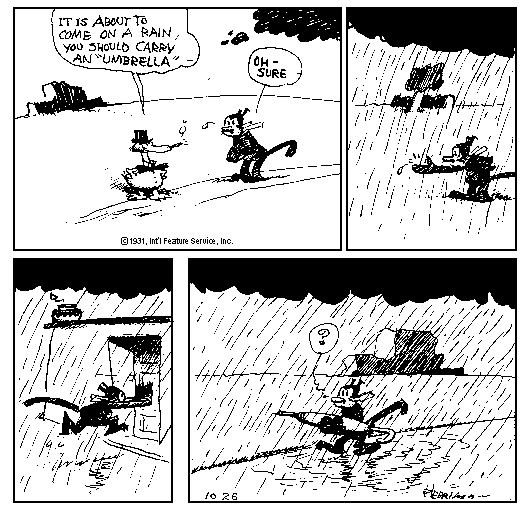What people did, what they’re going to do
Lecture delivered in Brussels by André Breton on the 1st June 1934
Comrades:
The activity of our surrealist comrades in Belgium is closely allied with our own activity, and I am happy to be in their company this evening. Magritte, Mesens, Nougé, Scutenaire and Souris are among those whose revolutionary will—outside of all consideration of their agreement or disagreement with us on particular points—has been for us in Paris a constant reason for thinking that the surrealist project, beyond the limitations of space and time, can contribute to the efficacious reunification of all those who do not despair of the transformation of the world and who wish this transformation to be as radical as possible.
At the beginning of the war of 1870 (he was to die four months later, aged twenty-four), the author of the Chants de Maldoror and of Poésies, Isidore Ducasse, better known by the name of Comte de Lautréamont, whose thought has been of the very greatest help and encouragement to myself and my friends throughout the fifteen years during which we have succeeded in carrying a common activity, made the following remark, among many others which were to electrify us fifty years later: "At the hour in which I write, new tremors are running through the intellectual atmosphere; it is only a matter of having the courage to face them."
1868-75: it is impossible, looking back upon the past, to perceive an epoch so poetically rich, so victorious, so revolutionary and so charged with distant meaning as that which stretches from the separate publication of the Premier Chant de Maldoror to the insertion in a letter to Ernest Delahaye of Rimbaud's last poem, Rêve, which has not so far been included in his Complete Works. It is not an idle hope to wish to see the works of Lautréamont and Rimbaud restored to their correct historical background: the coming and the immediate results of the war of 1870. Other and analogous cataclysms could not have failed to rise out of that military and social cataclysm whose final episode was to be the atrocious crushing of the Paris Commune; the last in date caught many of us at the very age when Lautréamont and Rimbaud found themselves thrown into the preceding one, and by way of revenge has had as its consequence—and this is the new and important
fact—the triumph of the Bolshevik Revolution.
I should say that to people socially and politically uneducated as we then were—we who, on one hand, came for the most part from the petite-bourgeoisie, and on the other, were all by vocation possessed with the desire to intervene upon the artistic plane—the days of October, which only the passing of the years and the subsequent appearance of a large number of works within the reach of all were fully to illumine, could not there and then have appeared to turn so decisive a page in history. We were, I repeat, ill-prepared and ill-informed.
Above all, we were exclusively preoccupied with a campaign of systematic refusal, exasperated by the conditions under which, in such an age, we were forced to live. But our refusal did not stop there; it was insatiable and knew no bounds. Apart from the incredible stupidity of the arguments which attempted to legitimize our participation in an enterprise such as the war, whose issue left us completely indifferent, this refusal was directed—and having been brought up in such a school, we are not capable of changing so much that is no longer so directed—against the whole series of intellectual, moral and social obligations that continually and from all sides weigh down upon man and crush him. Intellectually, it was vulgar rationalism and chop logic that more than anything else formed the causes of our horror and our destructive impulse; morally, it was all duties: religious, civic and of the family; socially, it was work (did not Rimbaud say: "Jamais je ne travaillerai, ô flots de feu!" and also: "La main à plume vaut la main à charrue. Quel siècle à mains! Je n'aurai jamais ma main!" [Never will I work, O torrents of flame! The hand that writes is worth the hand that ploughs! What a century of hands! I will never lift my hand!]).
The more I think about it, the more certain I become that nothing was to our minds worth saving, unless it was... unless it was, at last "l'amour la poésie," to take the bright and trembling title of one of Paul Eluard's books, "l'amour la poésie," considered as inseparable in their essence and as the sole good. Between the negation of this good, a negation brought to its climax by the war, and its full and total affirmation ("Poetry should be made by all, not one"), the field was not, to our minds, open to anything but a Revolution truly extended into all domains, improbably radical, to the highest degree impractical and tragically destroying within itself the whole time the feeling that it brought with it both of desirability and of absurdity.
Many of you, no doubt, would put this down to a certain youthful exaltation and to the general savagery of the time; I must, however, insist on this attitude, common to particular men and manifesting itself at periods nearly half a century distant from one another. I should affirm that in ignorance of this attitude one can form no idea of what surrealism really stands for. This attitude alone can account, and very sufficiently at that, for all the excesses that may be attributed to us but which cannot be deplored unless one gratuitously supposes that we could have started from any other point. The ill-sounding remarks, that are imputed to us, the so-called inconsiderate attacks, the insults, the quarrels, the scandals—all things that we are so much reproached with—turned up on the same road as the surrealist poems. From the very beginning, the surrealist attitude has had that in common with Lautréamont and Rimbaud which once and for all binds our lot to theirs, and that is wartime defeatism.
I am not afraid to say that this defeatism seems to be more relevant than ever. "New tremors are running through the intellectual atmosphere; it is only a matter of having the courage to face them." They are, in fact, always running through the intellectual atmosphere: the problem of their propagation and interpretation remains the same and, as far as we are concerned, remains to be solved. But, paraphrasing Lautréamont, I cannot refrain from adding that at the hour in which I speak, old and mortal shivers are trying to substitute themselves for those which are the very shivers of knowledge and of life. They come to announce a frightful disease, a disease followed by the deprivation of all rights; it is only a matter of having the courage to face them also. This disease is called fascism.
Let us be careful today not to underestimate the peril: the shadow has greatly advanced over Europe recently. Hitler, Dolfuss and Mussolini have either drowned in blood or subjected to corporal humiliation everything that formed the effort of generations straining towards a more tolerable and more worthy form of existence. The other day I noticed on the front page of a Paris newspaper a photograph of the surroundings of the Lambrechies mine on the day after the catastrophe. This photograph illustrated an article titled, in quotation marks, 'Only Our Chagrin Remains'. On the same page was another photograph—this one of the unemployed of your country standing in front of a hovel in the Parisian 'poor zone'—with the caption Poverty is not a crime. "How delightful!" I said to myself, glancing from one picture to the other. Thus the bourgeois public in France is able to console itself with the knowledge that the miners of your country were not necessarily criminals just because they got themselves killed for 35 francs a day. And doubtless the miners, our comrades, will be happy to learn that the committee of the Belgian Coal Association intends to postpone till the day after tomorrow the application of the wage cut set for 20 May. In capitalist society, hypocrisy and cynicism have now lost all sense of proportion and are becoming more outrageous every day. Without making exaggerated sacrifices to humanitarianism, which always involves impossible reconciliations and truces to the advantage of the stronger, I should say that in this atmosphere, thought cannot consider the exterior world without an immediate shudder. Everything we know about fascism shows that it is precisely the confirmation of this state of affairs, aggravated to its furthest point by the lasting resignation that it seeks to obtain from those who suffer. Is not the evident role of fascism to re-establish for the time being the tottering supremacy of finance-capital? Such a role is of itself sufficient to make it worthy of all our hatred; we continue to consider this feigned resignation as one of the greatest evils that can possibly be inflicted upon beings of our kind, and those who would inflict it deserve, in our opinion, to be beaten like dogs. Yet it is impossible to conceal the fact that this immense danger is there, lurking at our doors, that it has made its appearance within our walls, and that it would be pure byzantinism to dispute too long, as in Germany, over the choice of the barrier to be set up against it, when all the while, under several aspects, it is creeping nearer and nearer to us.
During the course of taking various steps with a view to contributing, in so far as I am capable, to the organization in Paris of the anti-fascist struggle, I have noticed that already a certain doubt has crept into the intellectual circles of the left as to the possibility of successfully combating fascism, a doubt which has unfortunately infected even those elements whom one might have thought it possible to rely on and who had come to the fore in this struggle. Some of them have even begun to make excuses for the loss of the battle already. Such dispositions seem to me to be so dismaying that I should not care to be speaking here without first having made clear my position in relation to them, or without anticipating a whole series of remarks that are to follow, affirming that today, more than ever before, the liberation of the mind, demands as primary condition, in the opinion of the surrealists, the express aim of surrealism, the liberation of man, which implies that we must struggle with our fetters with all the energy of despair; that today more than ever before the surrealists entirely rely for the bringing about of the liberation of man upon the proletarian Revolution.
I now feel free to turn to the object of this pamphlet, which is to attempt to explain what surrealism is. A certain immediate ambiguity contained in the word surrealism, is, in fact, capable of leading one to suppose that it designates I know not what transcendental attitude, while, on the contrary it expresses—and always has expressed for us—a desire to deepen the foundations of the real, to bring about an even clearer and at the same time ever more passionate consciousness of the world perceived by the senses. The whole evolution of surrealism, from its origins to the present day, which I am about to retrace, shows that our unceasing wish, growing more and more urgent from day to day, has been at all costs to avoid considering a system of thought as a refuge, to pursue our investigations with eyes wide open to their outside consequences, and to assure ourselves that the results of these investigations would be capable of facing the breath of the street. At the limits, for many years past—or more exactly, since the conclusion of what one may term the purely intuitive epoch of surrealism (1919-25)—at the limits, I say, we have attempted to present interior reality and exterior reality as two elements in process of unification, or finally becoming one. This final unification is the supreme aim of surrealism: interior reality and exterior reality being, in the present form of society, in contradiction (and in this contradiction we see the very cause of man's unhappiness, but also the source of his movement), we have assigned to ourselves the task of confronting these two realities with one another on every possible occasion, of refusing to allow the preeminence of the one over the other, yet not of acting on the one and on the other both at once, for that would be to suppose that they are less apart from one another than they are (and I believe that those who pretend that they are acting on both simultaneously are either deceiving us or are a prey to a disquieting illusion); of acting on these two realities not both at once, then, but one after the other, in a systematic manner, allowing us to observe their reciprocal attraction and interpenetration and to give to this interplay of forces all the extension necessary for the trend of these two adjoining realities to become one and the same thing.





